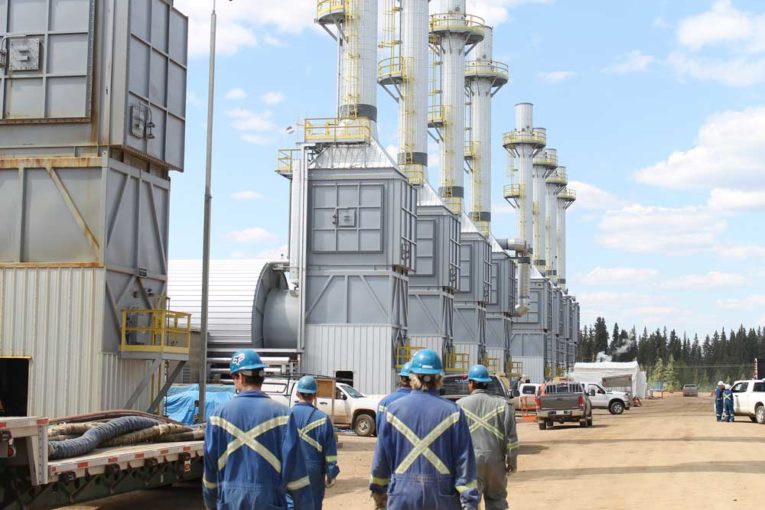
Canada’s Cenovus Energy on Thursday unveiled plans to reduce per-barrel greenhouse gas emissions by 30 per cent by the end of 2030, as the country’s oil industry faces growing pressure from environmental activists.
The Alberta-based integrated oil and gas company said it will spend an additional $1.5 billion on businesses run by the country’s indigenous communities.
Opposition from environmental and indigenous groups have stalled new pipeline projects in Canada and the United States that are needed to move Canadian crude to refineries. Investors in the region have also become more vocal about environmental, social and governance issues.
Prime Minister Justin Trudeau, who won a re-election in October last year, promised Canada would achieve net-zero carbon emissions by 2050. Trudeau, however, lost his majority in the parliament and failed to win a single seat in Alberta, which produces 80 per cent of Canada’s crude.
Ahead of the October 2019 elections, Cenovus, along with Canadian Natural Resources Ltd and MEG Energy Corp took out joint full-page newspaper advertisements to turn up the pressure on politicians to support the struggling industry.
Alberta’s oilsands, among Cenovus’s main businesses, have been a focal point of global efforts to stifle fossil fuel production by environmental groups.
Cenovus said on Thursday its long-term ambition is to reach net-zero emissions by 2050. The company will reclaim 1,500 decommissioned well sites and complete $40 million of caribou habitat restoration work by 2030.
The company said it is adopting a climate and greenhouse gas emissions strategy with several options to help it reach targets. The strategy will also advance its methane emission reduction initiatives that are already underway at its Deep Basin operations.
© Thomson Reuters 2020
You can read more of the news on source
